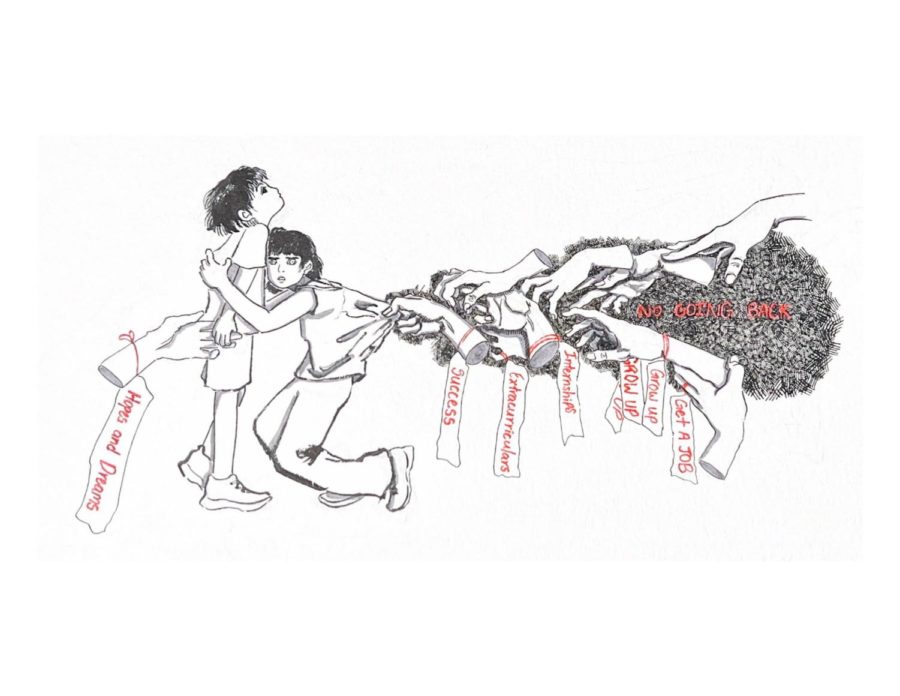Did you catch the presidential debate last night? Don’t worry, there wasn’t one—but no matter. Possible star appearances of binder loads of bayonet-wielding Big Birds aside, the debates have become so predictable that we can effectively skip them altogether and move on to the debriefing. Here’s a thoroughly typical post-game report—what you would have been reading right now had there actually been a debate last night:
“In case you’d forgotten that the divide between the two presidential contenders has been steadily narrowing over the last few weeks, last night’s debate, the fourth and final of this election season, would have served as a very visual reminder. Short of literally stepping on each other’s feet and lobbing sucker punches at each other—which they were clearly doing rhetorically—the candidates indulged in as about as much shameless interrupting, finger pointing, and stage aggression as decorum would allow. But it seems the closer they get to being in each other’s faces, the further they get from the truth: Independent fact checkers have cited both parties for substantial misrepresentation of the facts.”
OK, so the campaigning has gotten more truculent as election day approaches—no surprise there. But what are we to make of the incessant lies? We could be lame, throw up our hands in despair, and lament the deplorable state of American politics. Or we could take the lies for what they’re worth: uniquely insightful windows into the personalities, abilities, and goals of the candidates.
Of course, I can’t deny that the most direct way to assess a candidate’s qualifications is to look at his past performance. But this approach is far from foolproof: Politicians change with time, as do the circumstances of their leadership. Romney’s performance as governor of an overwhelmingly blue state and as a businessman provide only slight indications of his potential performance as leader of a nation that is neither a business nor by any means predominantly blue. Worse still, unless you’re a total politics wonk, it’s unlikely that you even know a lot about a given politician’s past in the first place—and you can bet that what you do manage to glean about it after the fact will be subject to a liberal amount of spin.
The campaign is the best way to get to know a candidate in real time, and a politician’s lies are the closest you’re going to get to seeing how he performs in the high-stakes environment of political office. You see, there’s nothing dangerous about making speeches, shaking hands, or organizing fundraising drives. But being in office is all about taking risks—there are always trade-offs, opportunity costs, and dissatisfied constituents. The trick is to know how to balance them. Whether or not a politician is adept at making these risky decisions is something that we can best learn from his lies.
In case your scruples are kicking in, let’s clear one more thing up: The lies aren’t going anywhere anytime soon. Lies work. If this weren’t the case they wouldn’t have become such an enduring feature of the American political scene. Part of what it means to be a good politician is to be good at winning elections—and that means being a good liar. Call me a pessimist, but it’s hard to see how a candidate can compete with inveterate liars without upgrading his own arsenal.
But I’d argue that’s OK. Whether true or false, lies communicate ways of looking at reality. For example, Mitt Romney’s statement that the number of ships in our navy is lower now than at any other point since 1917 was a lie. But regardless of whether you were aware of this, the lie succeeds in evoking traditional images of warfare and distracting from the soft-power approach to peace (Romney might call it the “apology strategy”) that Obama seems to favor. In getting us to quibble over a number of boats in the water, Romney slips in what seems to be his worldview—that the number and size of the tangible exponents of our military prowess matter in the first place. Romney’s gamble was that the residue of this worldview would stick longer than the knowledge that the statement itself was indeed a lie.
I’ll even take this line of argument a step further: It’s not hard to imagine situations in which being a good liar might even be a desirable trait in a leader. Although there’s little to be optimistic about in the economy today, I think most of us would be quite pleased with a politician who could manage to restore confidence in the economy, even if by untruthful means. Militarily, our ability to bluff current opponents and potential opponents regularly saves us countless millions in military expenditures.
So if we’re stuck with dishonest politicians anyway, why not make the most of their lies? We should start by thinking about how much of a risk they’re taking by lying: What is the lie supposed to do and what margins of error are the politician assuming? For whom are the lies intended? Are they supposed to convince the undecided, or further motivate the candidate’s loyal base? What does the lie thus say about the candidate’s feelings toward the audience? Does the candidate make any new lies or does he draw on the same old lies that resurface every election? If the lie turns sour—as they occasionally do—how does he deal with it? Even after being debunked by fact-checkers, will he imperviously continue telling the lie?
If all you’re getting out of the political lie is “this candidate is a bad person,” you’re missing out on the rich trove of information—of truth—contained in the lie.
Tyler Lutz is a fourth-year in the College majoring in physics and English.








